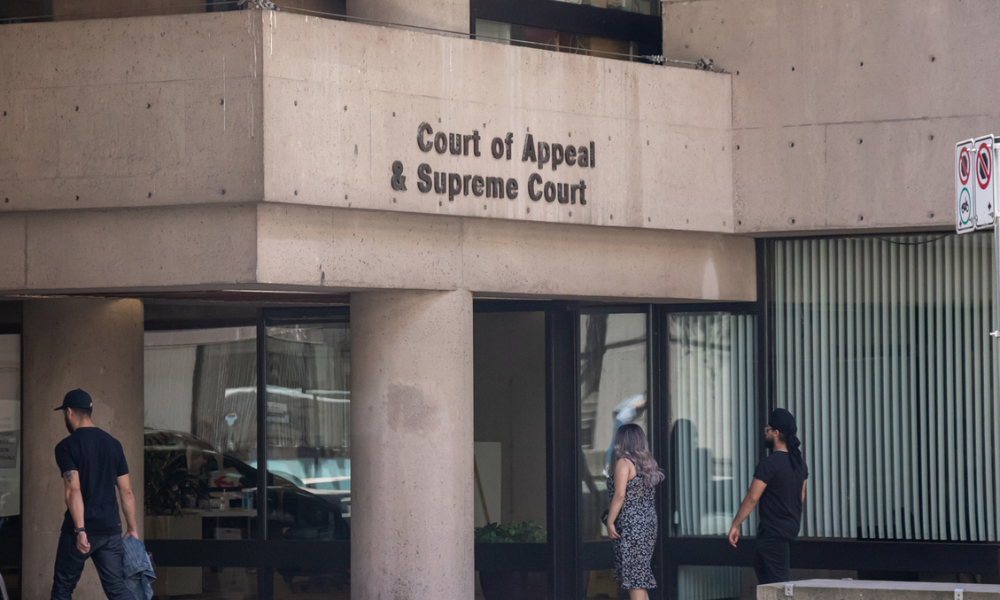The court found the petition was not 'utterly without hope' and did not justify certain costs

The BC Supreme Court has ruled that the petition to remove the estate executor and trustee does not amount to "reprehensible conduct," which would justify special costs.
In Chesko v. Chesko Estate, 2024 BCSC 394, Jason Chesko filed a petition to remove his brother, John, as executor and trustee of their mother’s estate and the AE Trust. Jason also sought to remove John and Jennifer as trustees of the Grandchildren’s Trust.
In the original judgment, the court ruled that if the parties could not agree on an appropriate cost order, they should file written submissions. Both parties agreed that the trend in estate litigation is for costs to follow the event unless the court orders otherwise.
John and Jennifer sought special costs payable by Jason or, alternatively, their costs at Scale C. They also contended that Jason should bear his own costs. Jason disputed the appropriateness of special or Scale C costs but conceded that Scale B costs were suitable and should be borne by his share of the estate and AE Trust distribution.
The court reviewed the submissions and concluded that Jason’s petition was not driven by ambiguous wording in their mother Elizabeth’s will and acknowledged that John and Jennifer succeeded in having the petition dismissed. The court had to determine the appropriate scale or basis for costs.
The Supreme Court noted that under Rule 14-1(1)(b) of the Supreme Court Civil Rules, special costs can be ordered in exceptional circumstances, typically in response to reprehensible conduct. Such costs are intended to deter misconduct and substantially indemnify the successful party. John and Jennifer argued that Jason pursued a meritless claim with improper allegations and a reckless disregard for the truth. However, the court did not find Jason’s petition “utterly without hope” and concluded that his actions did not amount to misconduct deserving special costs.
Section 2(2) of Appendix B to the Rules outlines the principles for determining the appropriate scale of costs. Scale C is reserved for matters of more than ordinary difficulty. The court found that Jason’s petition did not involve difficult legal issues, nor did it affect the rights and obligations beyond the relief sought. Therefore, it did not justify costs at Scale C or increased costs due to unusual circumstances.
The court ordered costs at Scale B for Jason’s petition. Although Jason’s allegations did not meet the threshold for removing John and Jennifer, the matter did not warrant Scale C or special costs. The court ordered that Jason’s costs be paid out of his share of the Estate and the AE Trust, considering John had offset his rent against his interest in the AE Trust.










